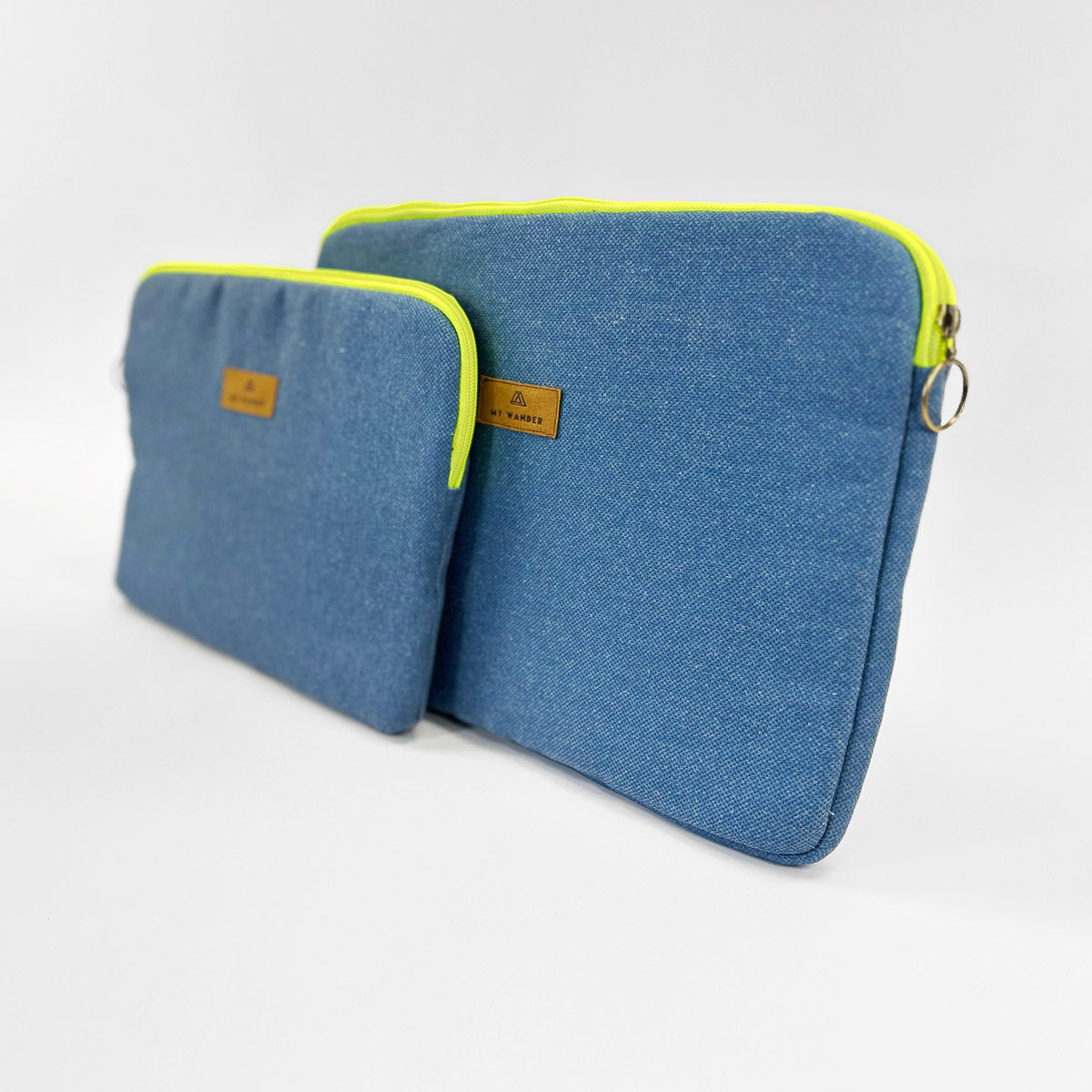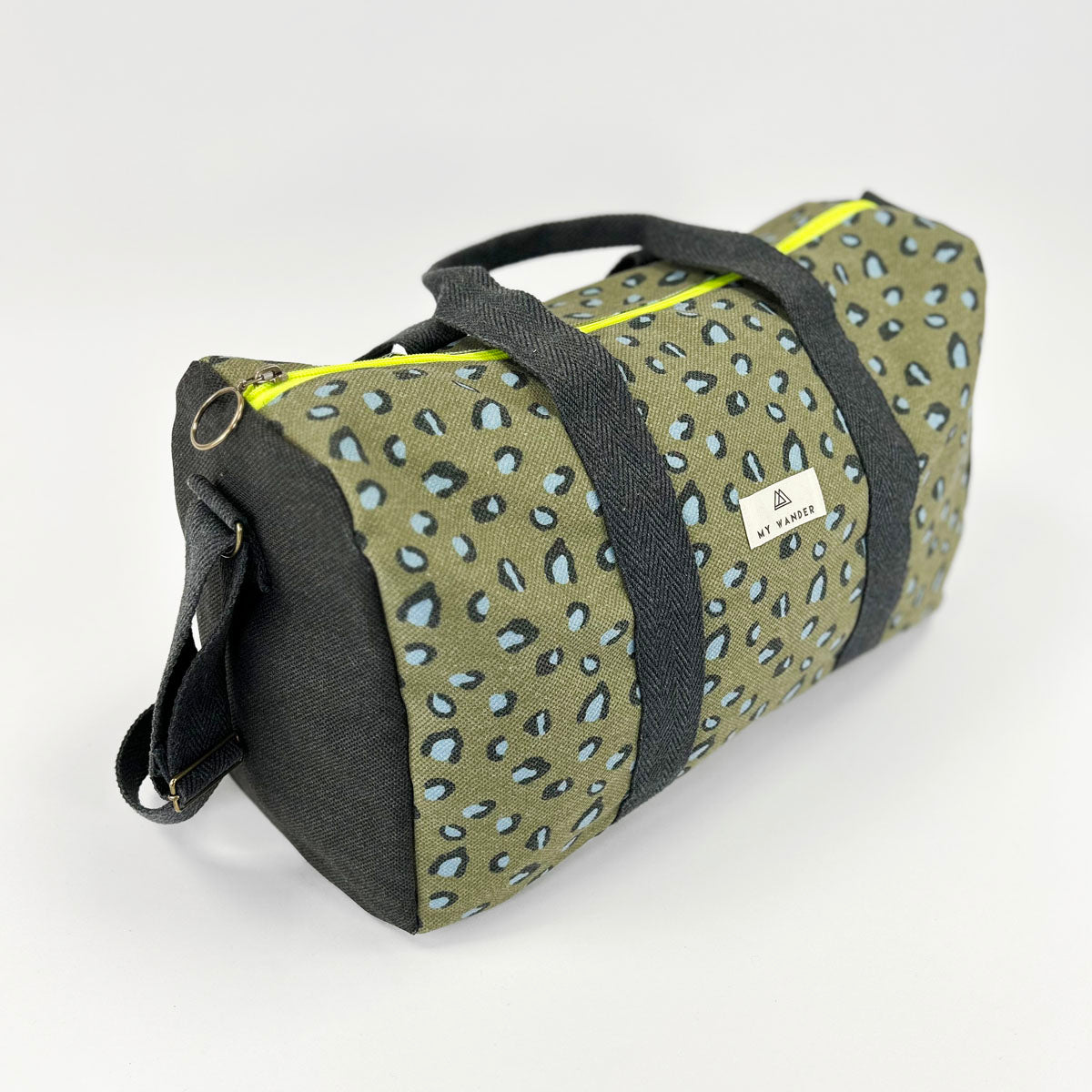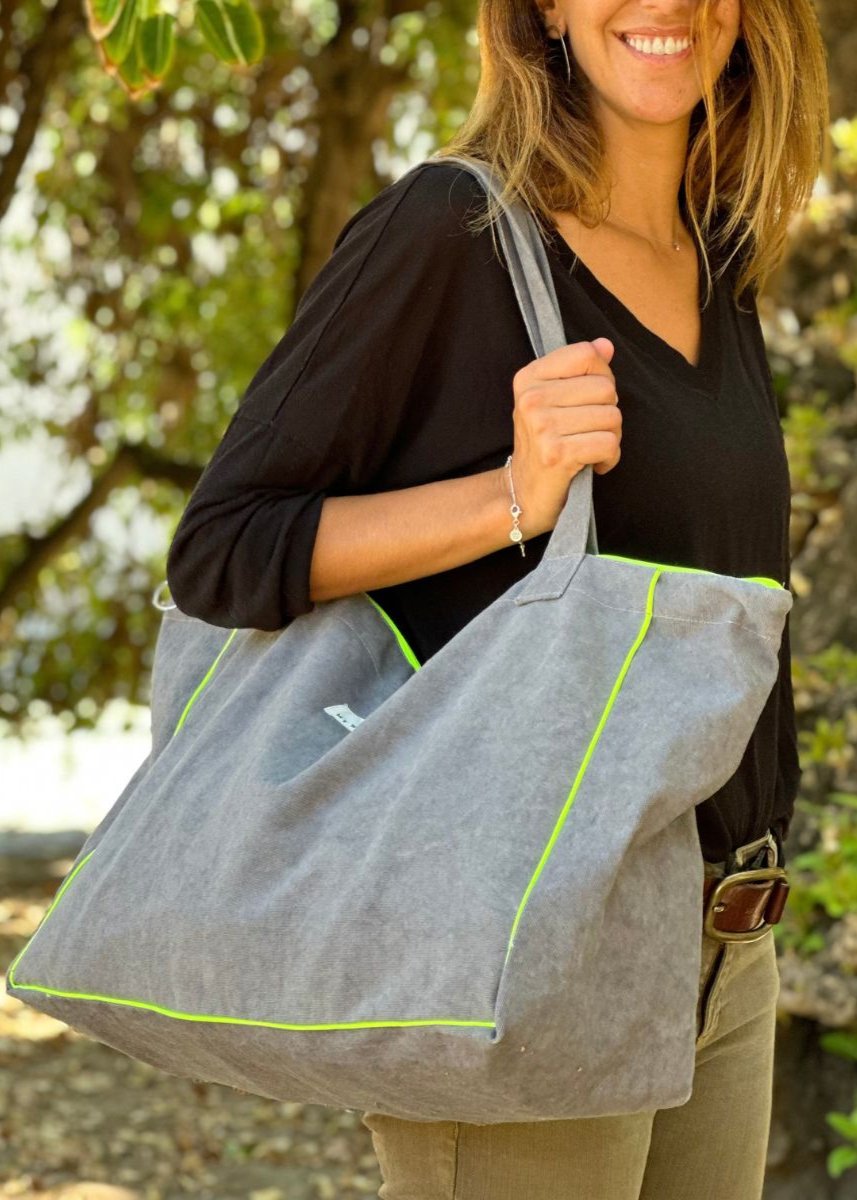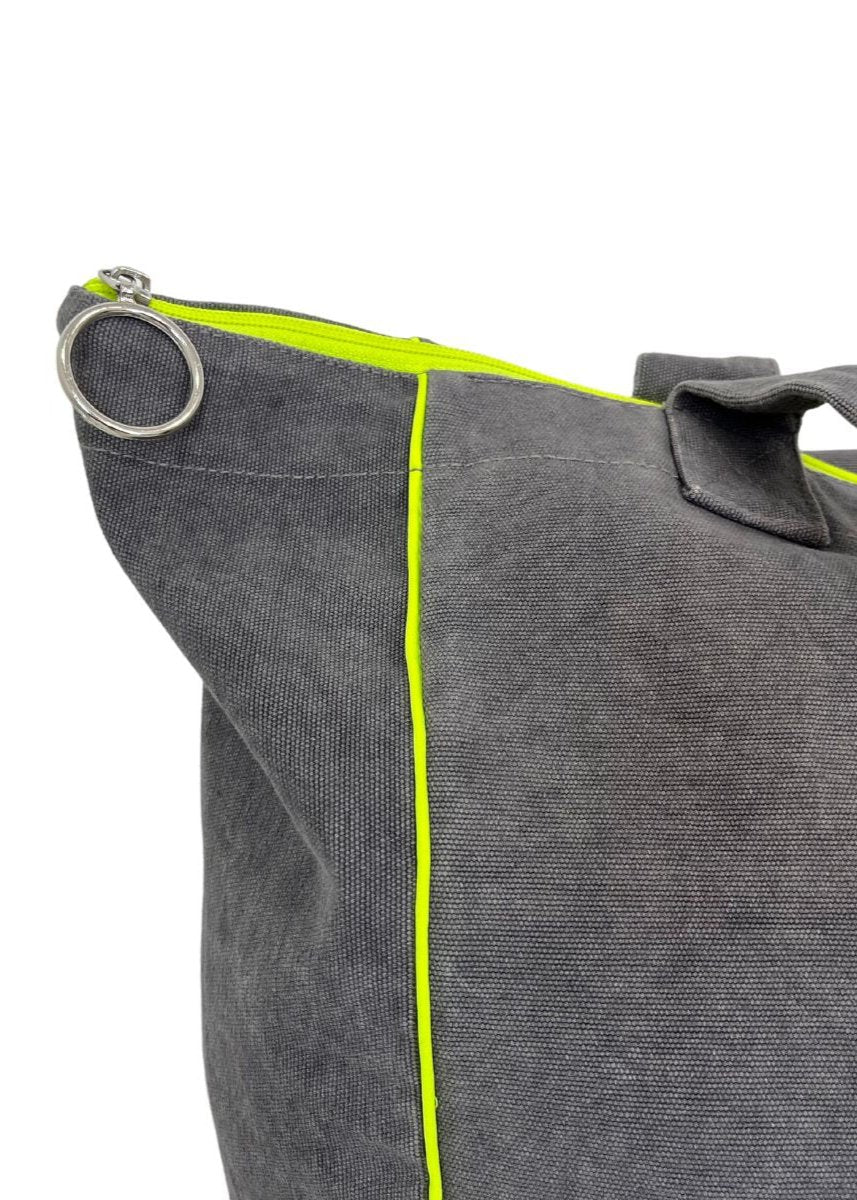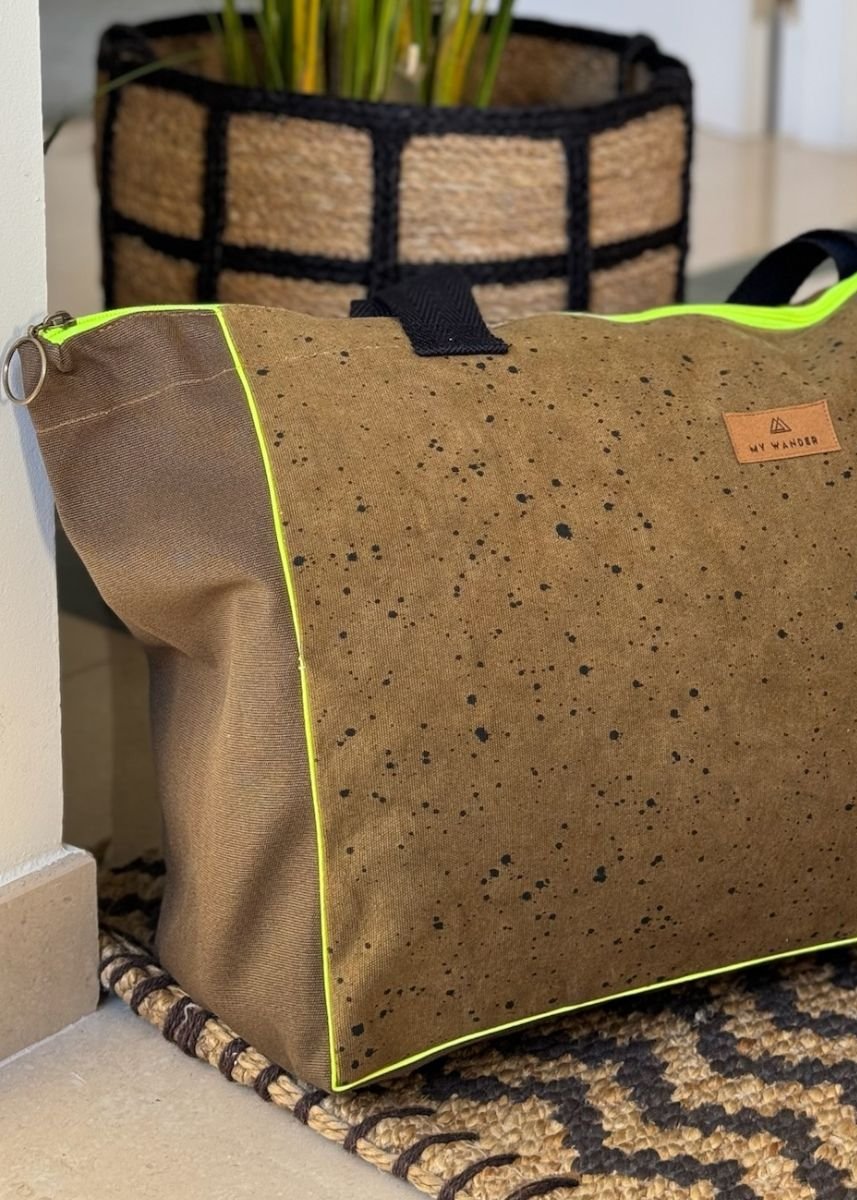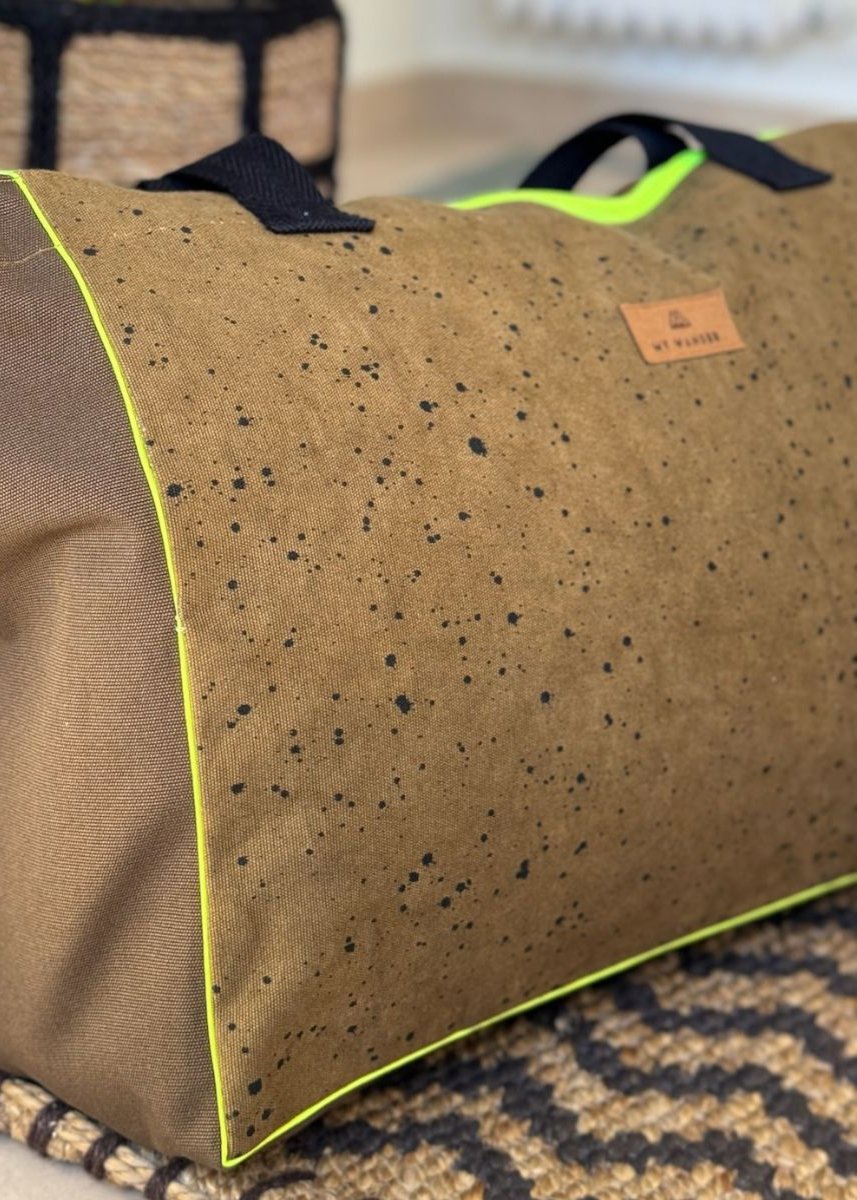As a
The right equipment and preparation can make the difference between a fun, safe experience and one you'd rather forget. quality layers are essential to stay warm on the slopes: opt for clothing made of waterproof and breathable material. In addition, protection is vital; You should always wear a well-fitting helmet while skiing or snowboarding. You can also invest in affordable goggles to protect your eyes from ice crystals and UV radiation. Another aspect of preparing for skiing is making sure your equipment fits properly; having an unstable board or uncomfortable skis can significantly hinder both performance and enjoyment. Keep these tips in mind when planning your next ski vacation: safety first! Read on for more tips.
What do you need to ski?
Thinking about what it takes to ski correctly, especially if you are new to this sport, will take you a while to organize. All it takes is a pair of skis, some good ski boots and a little practice. Of course, if you're serious about skiing or venturing into difficult terrain, you may need other items, such as bindings and poles. Read on to find out what to bring for a ski weekend.
What to pack to go to the snow? Things you need to go skiing
It is important that you know what you have to pack in your suitcase to go to the snow. The most obvious needs are warm clothing: a good coat, long underwear, winter boots, hats, scarves and gloves. Make sure you have some extra layers on hand. Also, bring snacks to replenish your strength, socks that do not get wet or cool quickly, and quality ski clothing, including waterproof pants and gloves. Finally, don't forget sun protection and sunglasses. With these articles they will help you make your experience pleasant and safe.

Documentation
Documentation is an important part, so take time to review what you may need, such as passports, visas, driving licenses, travel insurance certificates, and any other necessary documentation specific to your destination . Also, make sure you have all documentation in order before you leave so that your trip goes smoothly and you don't encounter any unnecessary obstacles along the way.
Mobile phone
Mobile phones not only allow you to quickly get in touch with your friends, they also ensure that photos taken on the slopes document your fun. Mobile phones are also great for navigation and planning, as you can check the weather forecast for your destination, as well as find nearby restaurants and cabins to rest at after a long day of skiing. Mobile phones are magical tools to organize any ski trip.

Bag to go skiing
Getting ready for the ski season? Make sure you have the perfect bag.The Maxi Bags from
Ski equipment
Ski equipment can make a difference. poles, boots, skis, goggles and other gear will help keep you safe and comfortable as you test your skills on the snowy slopes. Investing in good quality equipment could even save your life one day, so don't skimp when it comes to ski equipment.
Sunscreen
sunscreens with high SPF, broad-spectrum coverage and water resistance guarantee total protection against ultraviolet rays and give you the peace of mind you need to enjoy an incredible day skiing or snowboarding . Stock up on sun protection before your next cold-weather adventure!
Hat, gloves and glasses
No ski day is complete without a hat, gloves and sunglasses. Keeping your head and hands warm will allow you to ski longer and more comfortably. Put on a warm hat that covers your ears, add a pair of cozy gloves, and don't forget to protect your eyes with some ski goggles or sunglasses. With the right protection, you'll be ready to take on the slope of your choice.
Fait pass and skipass
Ski passes and ski passes are not only practical and cost-effective, but they also allow access to several ski resorts and even enjoy discounts on certain attractions. With With SkiPass you can buy a single-day, multi-day and seasonal ski pass that gives you access to numerous resorts in Europe and North America. So don't forget to purchase ski passes or SkiPass to live an unforgettable experience.
What clothing is needed for skiing?
If you are going to ski, what clothes do you need? A good pair of snow pantsand a warm jacket are essential. Layers are also essential: start with a moisture-wicking base layer, such as thermal underwear or a lightweight long-sleeve t-shirt, add a sweatshirt or fleece midlayer, and finish with the waterproof layer of your ski jacket. As for gloves, look for ones that keep your hands warm and allow you to have a good grip on the poles. And don't forget head, face and eye protection: a helmet with an integrated visor is ideal. Read on to learn more about what clothing you're interested in taking on a ski trip.

Thermal and suitable clothing
Thermal and suitable clothing comes in a wide variety of styles, including vests, jackets, base layers, hats, socks and gloves . Choosing the right type of fabric ensures that your clothing adapts to the conditions: fleece lining for extra insulation; fireproof material for hazardous environments; Moisture-wicking technology for breathability in hot weather; waterproof fabrics for rain and snow... There is something for every season.
What type of footwear to wear in the snow?
When it comes to what type of footwear to wear in the snow, the best choice is something with good grip and waterproof features. Look for a shoe that will provide you with adequate support and insulation. against low temperatures, as well as the flexibility enough so that your feet can movee. A boot with height is also ideal for keeping snow out of the foot area. With these considerations in mind, you will certainly be ready to face any weather.
Tips to prepare your trip to the snow
Some tips that will help you prepare for your snow vacation are: bring warm clothing and insulated boots; remember sunscreen and a hat to protect your skin from the sun's rays reflecting off the snow; Don't forget any snacks or a thermos full of hot tea; invest in some glasses to keep your eyes comfortable; double check any equipment needed for skiing, such as skis or snowboards. To learn more about how to organize yourself to go to the snow, keep reading.
Training before starting to ski
It is essential that you train before hitting the slopes, for safety reasons. Training may include familiarization with ski equipment, practice on easier slopes, and understanding the slopes themselves: i.e. recognizing icy patches or untrodden snow, learning to stand up if falls and understand lateral friction patterns.

Be clear about the ski slopes
The ski slopes can be complicated, so it is important to pay attention to warnings or recommendations from local authorities, other skiers and resort staff: all of them can help you inform yourself on the ground before hitting the slopes so you can make the right decisions for yourself.
Choose good accommodation
A good way to choose good accommodation is to start looking for review sites or advice from your friends and family. Furthermore, not only do you have to take into account the price, but also the location and the services offered. Conveniences like Wi-Fi and cable are sometimes essential when traveling, so make sure these factors aren't overlooked during your search.
Have ski insurance
Having ski insurance can provide financial security in case any accidental injury occurs while on the slopes. It can also cover the loss or deterioration of equipment, such as ski poles or goggles, as well as trip delays or cancellations, medical expenses due to accidents, etc. . Protect yourself and opt for ski insurance before your next getaway. I hope these tips have been helpful to you. Go for your getaway to the snow!





